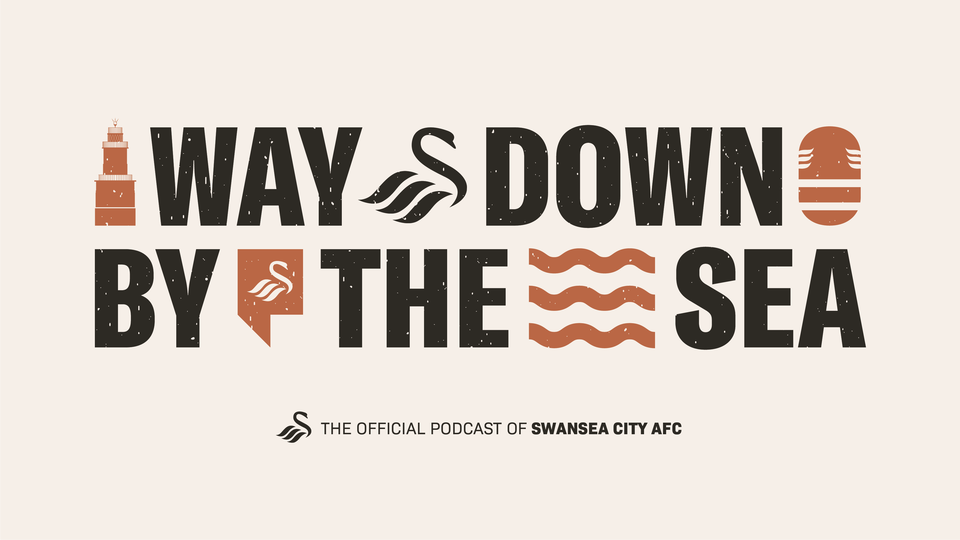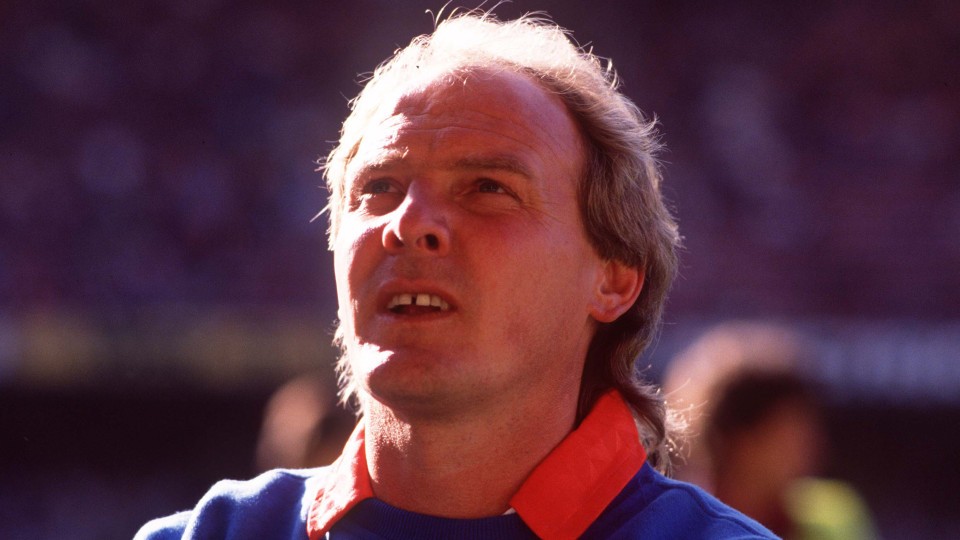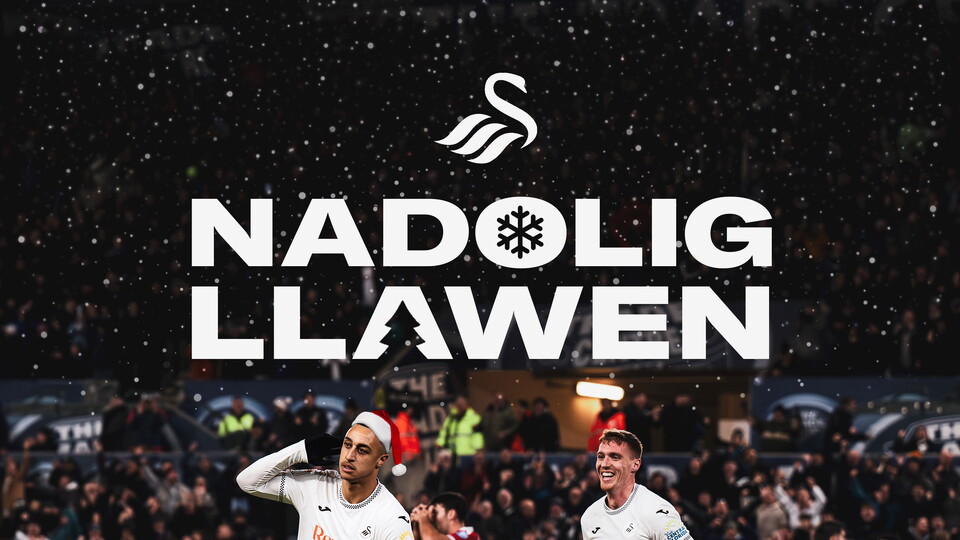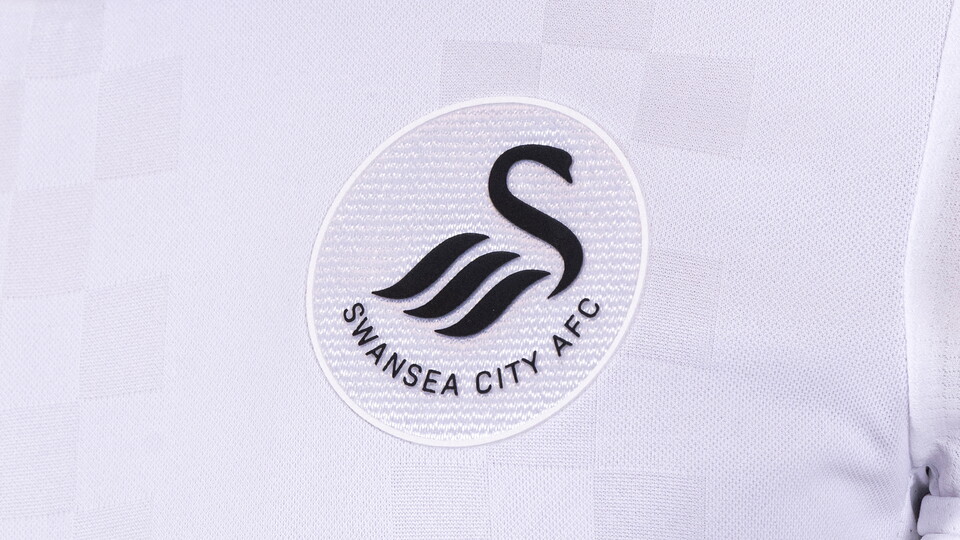TOP-FLIGHT JACKS: Robbie James
We continue our focus on players who featured for Swansea City during the club's previous foray into the top flight of English football.
Here, we put the spotlight on a true Swans legend in Robbie James.
ROBBIE JAMES
Date of birth: March 23, 1957
Appearances/goals for the Swans: 593 apps; 149 goals.
Former clubs: Swansea City (1973-83, 1988-90); Stoke City (1983-84); Queens Park Rangers (1984-87); Leicester City (1987-88); Bradford City (1990-92); Cardiff City (1992-93)
Memorable moment: During the Welsh Cup final against Cardiff City in 1982, Robbie James played at centre-half after Ante Rajkovic was sent off in the second period. Despite being a forward, James was outstanding in keeping the defence together.
Did you know? James still holds the record for the youngest player to play in 100, 200 and 300 league games.
When the final league game of a dismal season at the Vetch Field in 1973 came around, there was no indication that the 16-year-old making his debut in the league game against Charlton Athletic would go on to become one of the most popular and iconic players ever to wear the white of Swansea City.
Then again, that young man was no ordinary player; he was Robbie James.
From representing Swansea schoolboys and playing for Wales at junior level, James joined Swansea City at a time when the club were in financial turmoil, with a team of journeymen footballers and untried youngsters. But James, along with his close friends Alan Curtis and Wyndham Evans, was at the beginning a footballing revolution, which was started by Harry Griffiths and built upon by John Toshack.
Consistency was the key to Robbie's career, allied with speed over ten yards and a rocket of a shot that saw him score over 100 goals for the Swans in the coming seasons. His impressive performances alerted some of England's biggest clubs to his potential, but after joining Arsenal on a one-month loan in November 1974, he lasted only 24 hours before returning to Swansea due to homesickness.
After becoming an integral part of Swansea's rise through the divisions, James' performances earned him Welsh honours at Under-21 and youth level, before winning the first of his 47 senior Welsh caps against Malta in October 1978.
By the time the Swans finally won promotion to the First Division in August 1981, James was at the top of his game and finished the club's inaugural season in the top-flight as Swansea's top goalscorer, which helped him scoop the club's Player of the Year Award.
But after relegation from the First Division in 1983, James, along with his team-mates, was made available for transfer at a knockdown price due to the well-documented financial meltdown the club was enduring.
Stoke City won the race for James' signature when they paid the Swans £160,000 for his services. He spent just one year with Stoke before moving to Queens Park Rangers the following season.
It was during his time at Loftus Road that James played in the 1986 Milk Cup final at Wembley against Oxford United, where he found himself in direct opposition with another former Swans and close friend in Jeremy Charles.
But James never fully settled in London and, after a two-year stay with QPR, he moved to Leicester City, before finally returning to the Vetch Field in 1988 in a move that cost the club £35,000.
It proved money well spent for the Swans. In his first season back at the club where it all began, James was part of the successful team, under the management of Terry Yorath, that won promotion via the playoffs back to Division Three.
But after a falling out with then-Chairman Doug Sharpe, James left the club a year later to join Bradford City, where he stayed for two years before returning to Wales to play for Cardiff City.
James retired from full-time professional football in 1993 before spending time at Merthyr Tydfil, Llanelli and Weston-Super-Mare prior to returning to Llanelli as player-manager in 1997.
It was during his time with the West Wales club that tragedy struck the Swans legend when, during a match against Porthcawl Town, he collapsed on the pitch and died at the tragic age of 40.
With Swansea's move to the Liberty Stadium in 2005, the Swans Supporters Trust raised money to place a bust of Robbie outside the ticket office on the Robbie James Wall of Fame, honouring a player who was one of the finest ever to represent the club.



